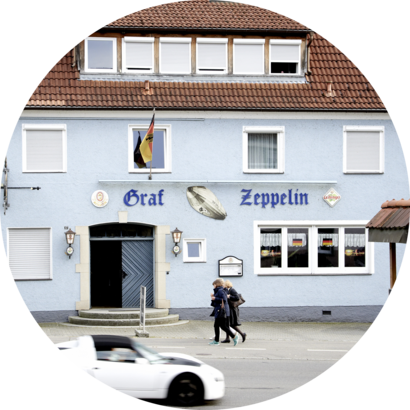Germany’s Gasthöfe—the small, local bars that, like British pubs, serve as social anchors of small-town life—are dying out, victims of depopulation, social media, and Netflix.
Since the beginning of the 21st century, more than a third of the bars have closed across the country. In 2011 there were more than 16,000 country pubs; in 2017 there were fewer than 13,000.
Germany, like most Western countries, is dealing with demographic and social shifts. More and more people are leaving rural areas for cities, where they often spend more time with streaming and social media than with neighbors or friends. In addition, the generation coming of age is drinking less beer.
As Doreen Kinzel, a representative from the German Hotel and Hospitality Association (Dehoga), told The Times of London, “In good pubs, neighbors rub shoulders with local politicians, small businessmen with pensioners. That encourages them to talk to one another and strengthens the cohesion of a society.... With the loss of the pubs, a piece of cultural heritage and a certain quality of life go up in smoke. Customs such as the Frühschoppen or the post-work beer are disappearing.”





